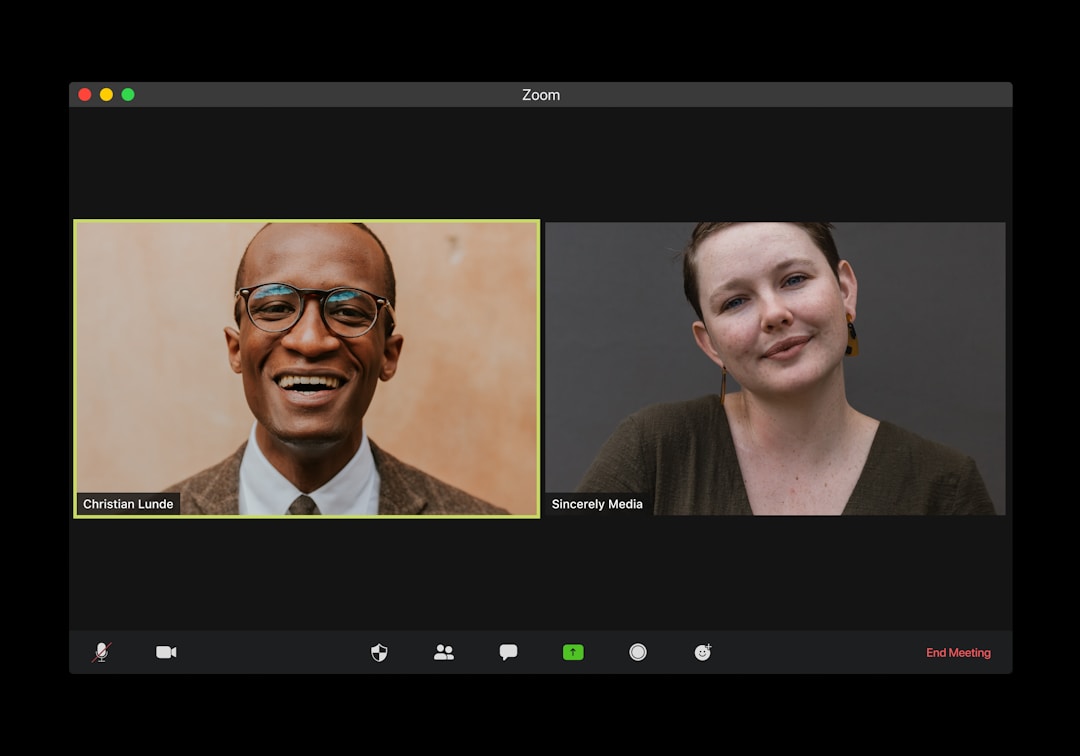Mental health is at the root of your overall wellbeing. The state of your mental health affects more than just your mood—anxiety, stress, and depression affect the way you communicate and relate to others as well. Your emotional health can affect your relationships, the way you perceive the actions of others, and even the choices you make about your physical health. There has been a stigma around mental wellness that prevented many people from getting the help they need, although millions of people in the United States struggle with their mental care.
Therapy can be out of budget for many people. Many of those who suffer from mental ailments may not feel comfortable with the prospect of treating their issues with medication. However, your emotional health is the foundation for all other aspects of your life. When left untreated, problems with emotional health may become more severe or affect your social life, relationship with your family, and career. Every mind and body is different, so it can be beneficial to think outside of the box regarding mental health care.
Professional mental health care is more accessible than ever.

When you’re struggling with your emotional health, seeking help may seem like yet another hurdle to overcome. Traditional therapy sessions are overwhelming for many people. Scheduling and traveling to and from a therapist’s office for in-person sessions can be intimidating. Fortunately, in the last few years, teletherapy has become more prevalent than ever. Telepsychology provides people with much greater access to counseling through video conferencing, chat, and other online therapy techniques.
A common misconception about teletherapy services is that they may not be as professional as the mental health care you receive in traditional face-to-face therapy appointments. However, the American Psychiatric Association supports telemedicine in psychiatry as an equally validated and effective practice of medicine. Accordingly, the Therapy Group of NYC employs the highest-rated therapists in Manhattan who offer customized telehealth treatment plans.
Consider your body’s specific needs and supplement your treatment plan accordingly.

As mentioned above, every mind and body is different. Therefore, the effective methods of coping with mental health struggles will vary from one person to another. Some people who suffer from an overly active mind or difficulty falling asleep benefit from supportive alternative medicine practices, like CBD oil, edibles, and flowers. An excellent resource for information regarding CBD and its practical usage is the American Marijuana website.
Often, people see CBD products as a milder, more inexpensive supplement to therapy than traditional medicine products. The effects of these products vary depending on your particular body, so it can be helpful to conduct some research before choosing a product. Suppose you have been experiencing burnout or unhappiness associated with feeling overwhelmed. In that case, CBD products may be able to alleviate some of your discomforts. Before trying CBD or its derivatives for the first time, you should always talk to a medical professional about dosage and side effects.
Utilize a like-minded support group.

One of the most common pieces of advice for people struggling with their mental balance is maintaining a support network. While this is excellent advice for those who already have strong support from friends and family, it can feel alienating for those who do not have solid relationships with people who understand mental health care. Struggling with mental health can make you feel alone, even when you’re not. It can be difficult to confide in those whose opinions of you matter the most. Sometimes people find solace in peer support from those who have similar struggles or those who do not have an insider perspective on who they are. Many mental health organizations offer online support groups, discussion boards, and blogs. Those who are interested in face-to-face communication may consider searching for local specialized support groups.
It’s okay if you don’t feel okay. One of our biggest strengths as human beings is honesty, not only with others but with ourselves. If you have chosen to take care of your mental wellbeing, you have already stepped outside your comfort zone and faced your truth. Millions of people find acknowledging the state of their mental health a challenge in itself. You have already begun to succeed, even if you can’t recognize the changes within yourself yet.

